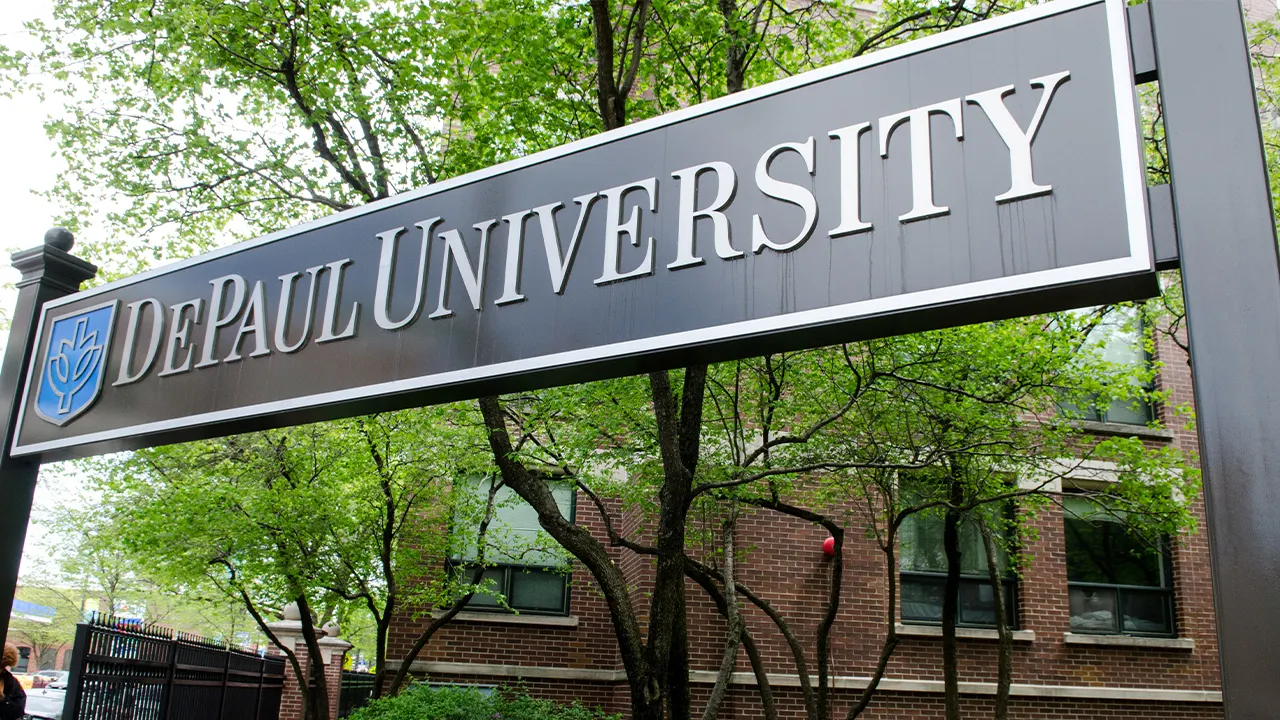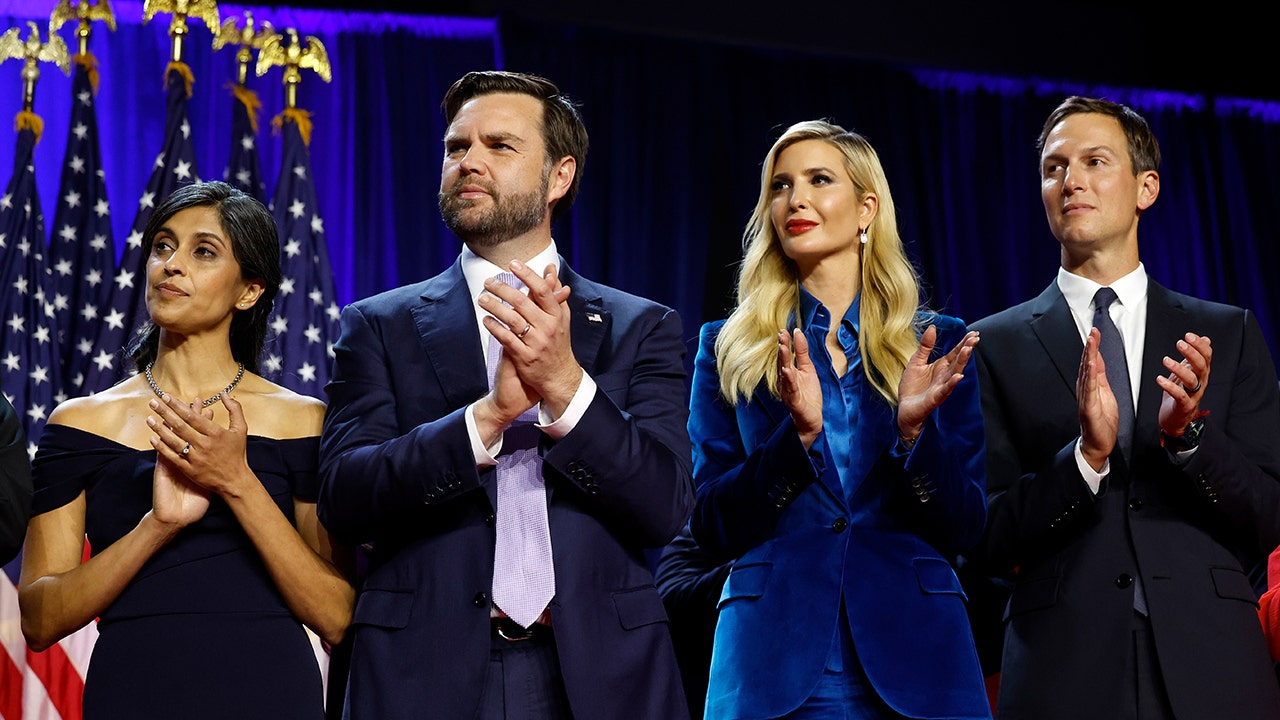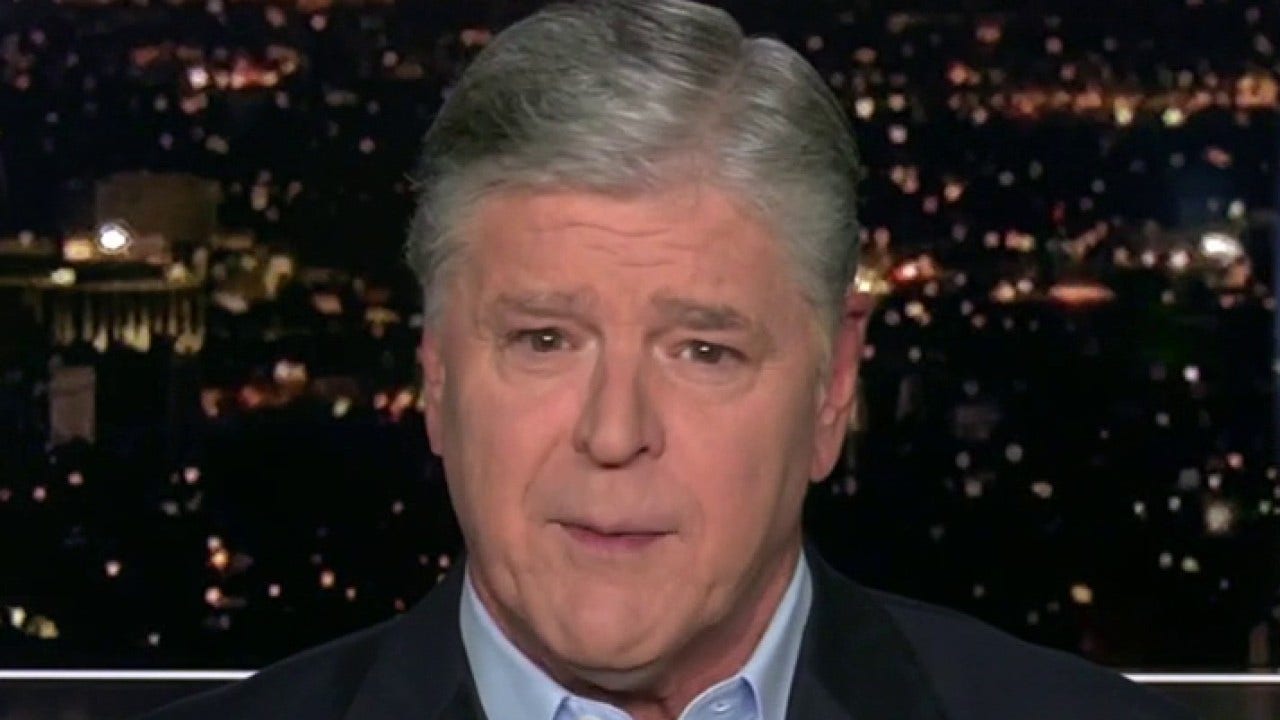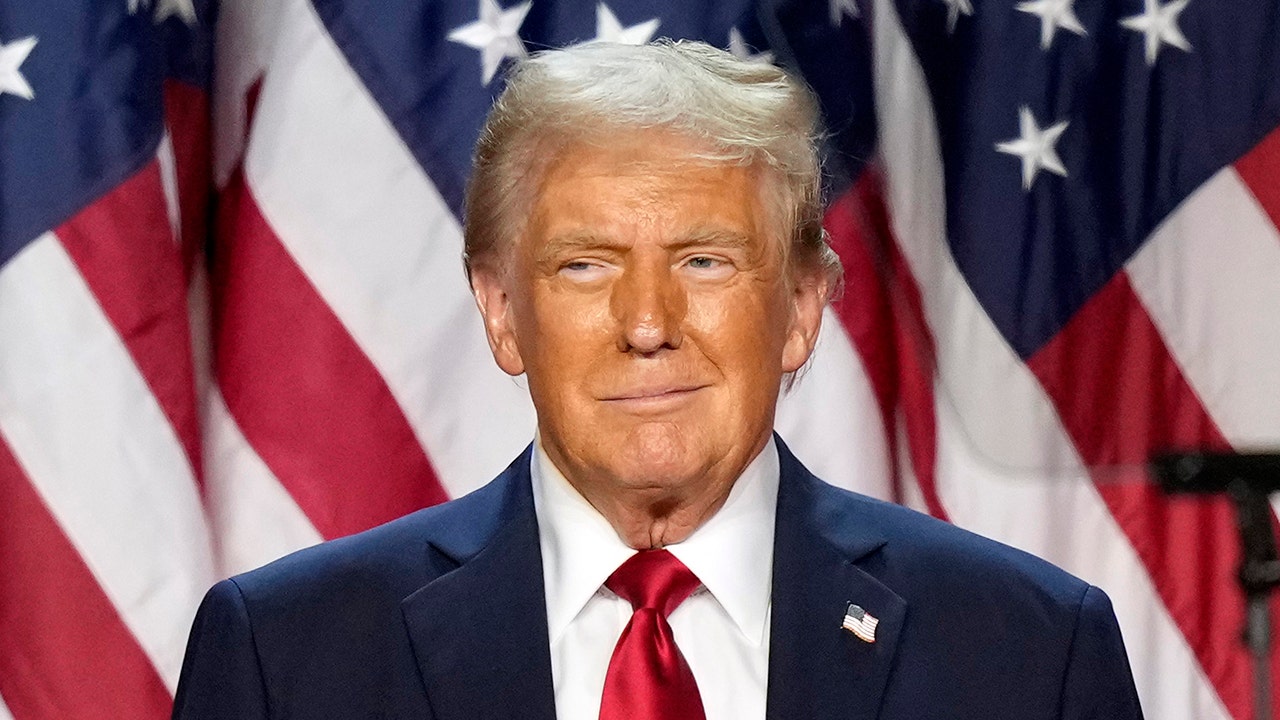Muslims in India say they have been fired from their jobs and face the closure of their businesses after two states brought in a “discriminatory” policy making it mandatory for restaurants to publicly display the names of all their employees.
The policy was first introduced by Yogi Adityanath, the hardline Hindu monk who is the chief minister of Uttar Pradesh. Last month the state of Himachal Pradesh, governed by the opposition Congress party, announced it would also make it compulsory for all names of workers and employees to be put on display.
Both state governments have said it is to ensure compliance with health and safety rules and vending regulations in the north Indian states. However, locals and activists have alleged that the new rules are instead a thinly veiled attack on Muslim workers and establishments.
Names in India widely signify religion and caste and there are growing fears among Muslim business owners in Uttar Pradesh that this will lead to targeted attacks or economic boycotts, particularly by hardline Hindu groups that are active in the state.
“This order is dangerous, it forces us to wear our religion on our sleeve,” said Tabish Aalam, 28, who comes from a long line of specialist chefs in the city of Lucknow. “I am sure the government knows this, and that is why it is being exploited.”
Uttar Pradesh is governed by the Hindu nationalist Bharatiya Janata party (BJP) that also rules at the centre under the prime minister, Narendra Modi, whose decade in power has been marked by growing anti-Muslim discrimination and attacks.

Adityanath is viewed as one of the most hardline leaders in the BJP. Since he became chief minister in 2017, he has introduced a flurry of policies that are accused of enabling the targeting of Muslims or fuelling anti-Muslim conspiracy theories.
Business owners in Uttar Pradesh said they had fired Muslim staff as a result of the new laws, fearing they would become a target. Other Muslim-run businesses said they had already been harassed as a result of the policy, with some considering closure.
Rafiq, 45, the Muslim owner of a highway restaurant in the Uttar Pradesh city of Muzaffarnagar, said he had fired his four Muslim employees in July after police demanded he put the names of all workers on a sign outside.
“I had to fire my Muslim staff because I was concerned for their safety following the order,” he said. “Displaying names makes us vulnerable and a very easy target. If, for instance, there is communal tension that keeps taking place, we will be easily identified as Muslims and targeted.”
Rafiq said he had little doubt as to why the Adityanath government was enforcing these new rules. “Displaying names will identify people’s religions, which I suspect is intended to discourage people from eating at Muslim-owned or Muslim-staffed restaurants,” he said. So far, Rafiq said, he had resisted police pressure to comply, but he said that if he was forced to, he would probably shut down his business altogether.
Calls for economic boycotts of Muslims have been prominent in the state and there have been rising incidents of attacks against Muslim vendors over the past five years. Last month, the state leader of Bajrang Dal, a rightwing Hindu vigilante group, was captured on video at a meeting calling for attenders to pledge: “I will not buy goods from any Muslim shopkeeper.”
Among the Muslims recently fired from a job as a cook was Idrees Ahmed, 31, who had held the position for seven years. He alleged he was among several Muslim members of staff let go as a result of the new policy.
“The owner of the restaurant is a Hindu, and most of the other staff members were also Hindu,” Ahmed said. “When the order was issued, the owner called me and other Muslim staff members and apologised before asking us to go home.”
Ahmed said he had been “emotionally shattered” by the ordeal and was struggling to support his family of five as no other restaurants would hire him. “I lost a job simply because of my religion,” he said. “I know so many Muslims who were working in different restaurants but were fired after the order.”
In Muzaffarnagar, some alleged that only Muslim-owned businesses were being forced to comply. Mohammad Azeem, 42, who runs a small roadside stall, said he was the only business owner harassed by police to display his name on a sign. “The administration is deliberately trying to create a divide,” he said. “Why did they ask me selectively?”
Praveen Garg, a BJP spokesperson in Uttar Pradesh, said the policy was to ensure restaurant hygiene, and he emphasised that “nobody is being denied permission to work”.
“The government was obligated to take this action after becoming aware of situations in which food was purposefully contaminated,” Garg said. “There have been instances where persons from a specific community have been caught polluting meals with dirty items that a Hindu cannot consume.”
Several incidents suggesting that vendors had mixed spit and urine with food and drink items recently went viral and led to arrests in the state. However, despite allegations by rightwing Hindu groups that there was a Muslim conspiracy to commit “spit jihad”, there was no evidence that the incidents were specifically targeted at Hindus.
In July, India’s supreme court blocked a separate order by the Uttar Pradesh and Uttarakhand governments – both BJP-ruled states – that had demanded restaurants along the route of an annual Hindu pilgrimage display the names of their owners and operators. A petition against the order brought by opposition politicians argued that it was “discriminatory on grounds of religion”.

Despite the controversy and allegations of stirring up religious division, in September the state government of Himachal Pradesh said it would soon be following Uttar Pradesh’s example.
It cited food hygiene as well as fears over an “influx of migrants” as the reasons behind bringing in the policy. Vikramaditya Singh, a Himachal Pradesh Congress leader and state minister, said the matter was still under deliberation.
“There will be no compromise with the internal security of the state. The law is applicable for everybody. Why should one particular community feel threatened or have apprehensions?” said Singh. However, he added that if there were widespread concerns about the display of names “then some other way will be explored”.
Business owners accused the local Congress party of going against its pledges of secularism and using the divisive policy to court the Hindu-majority vote in the state.
Sharik Ali, 27, who runs a small restaurant in Shimla, in Himachal Pradesh, said: “I will not feel safe after displaying my name on my stall. We have seen how Muslims across India have been attacked in the last 10 years of Modi’s rule, but I was not expecting this from the Congress government. They know what will fetch them votes.”

 3 settimane fa
7
3 settimane fa
7















 English (US) ·
English (US) ·